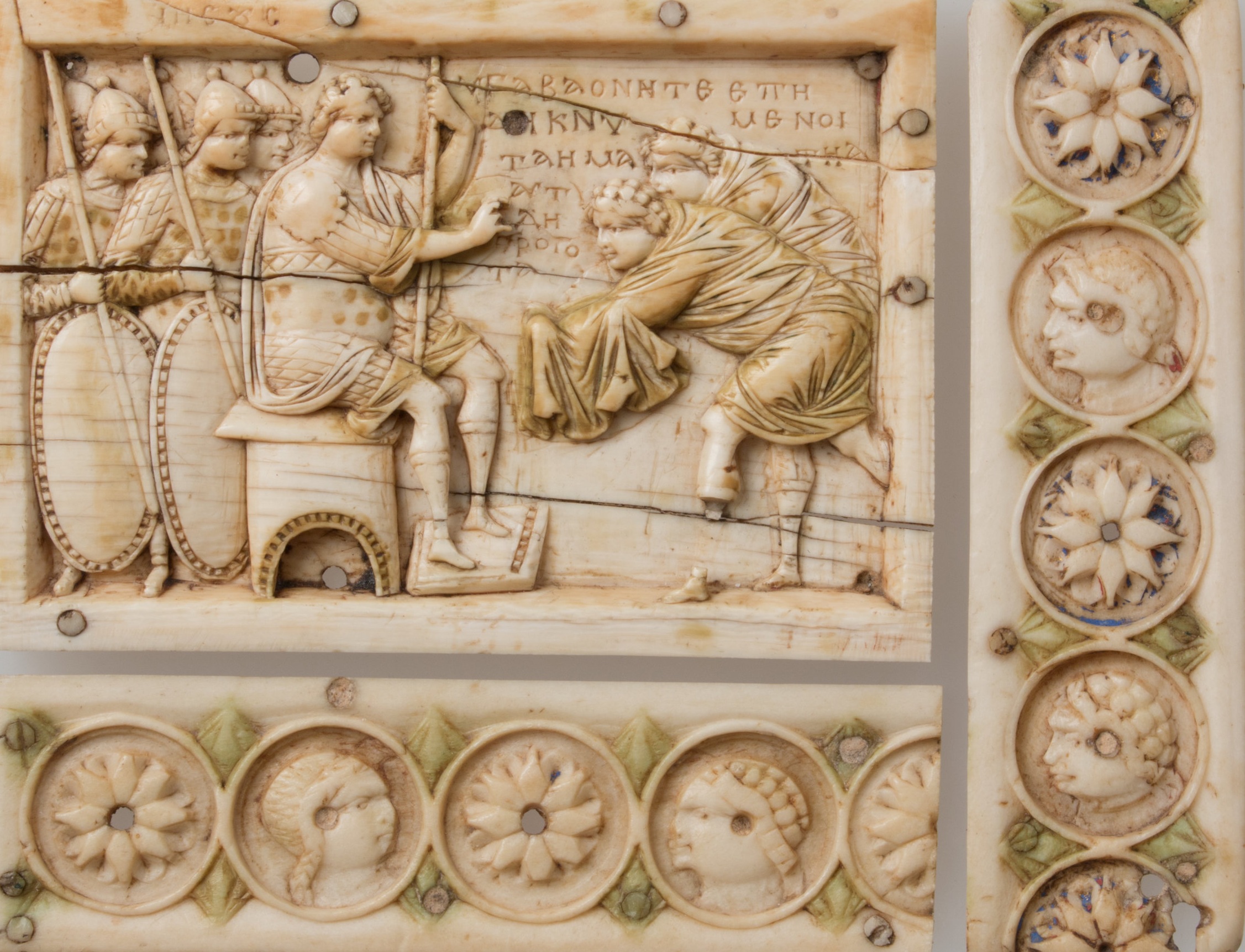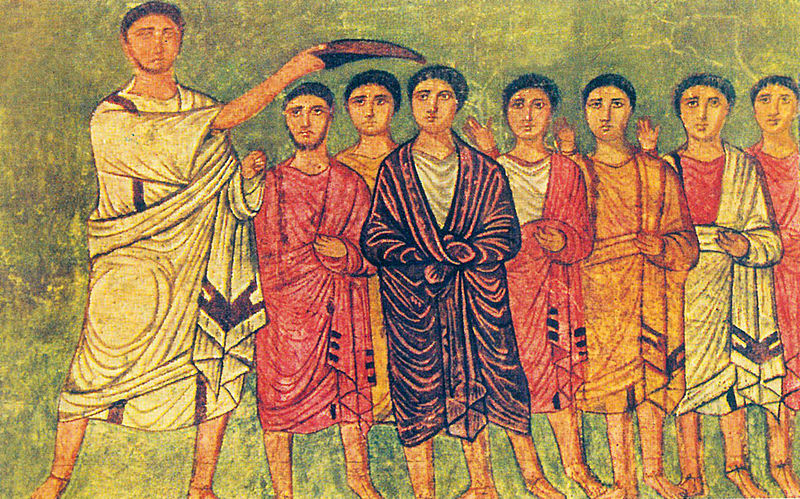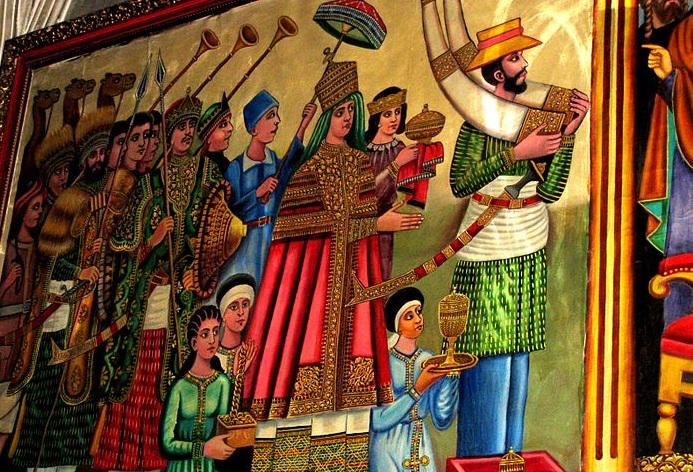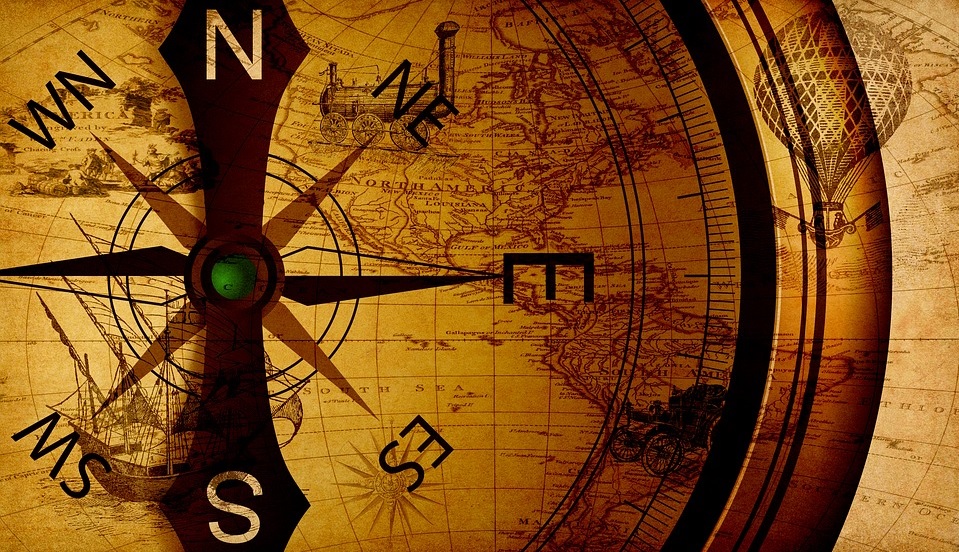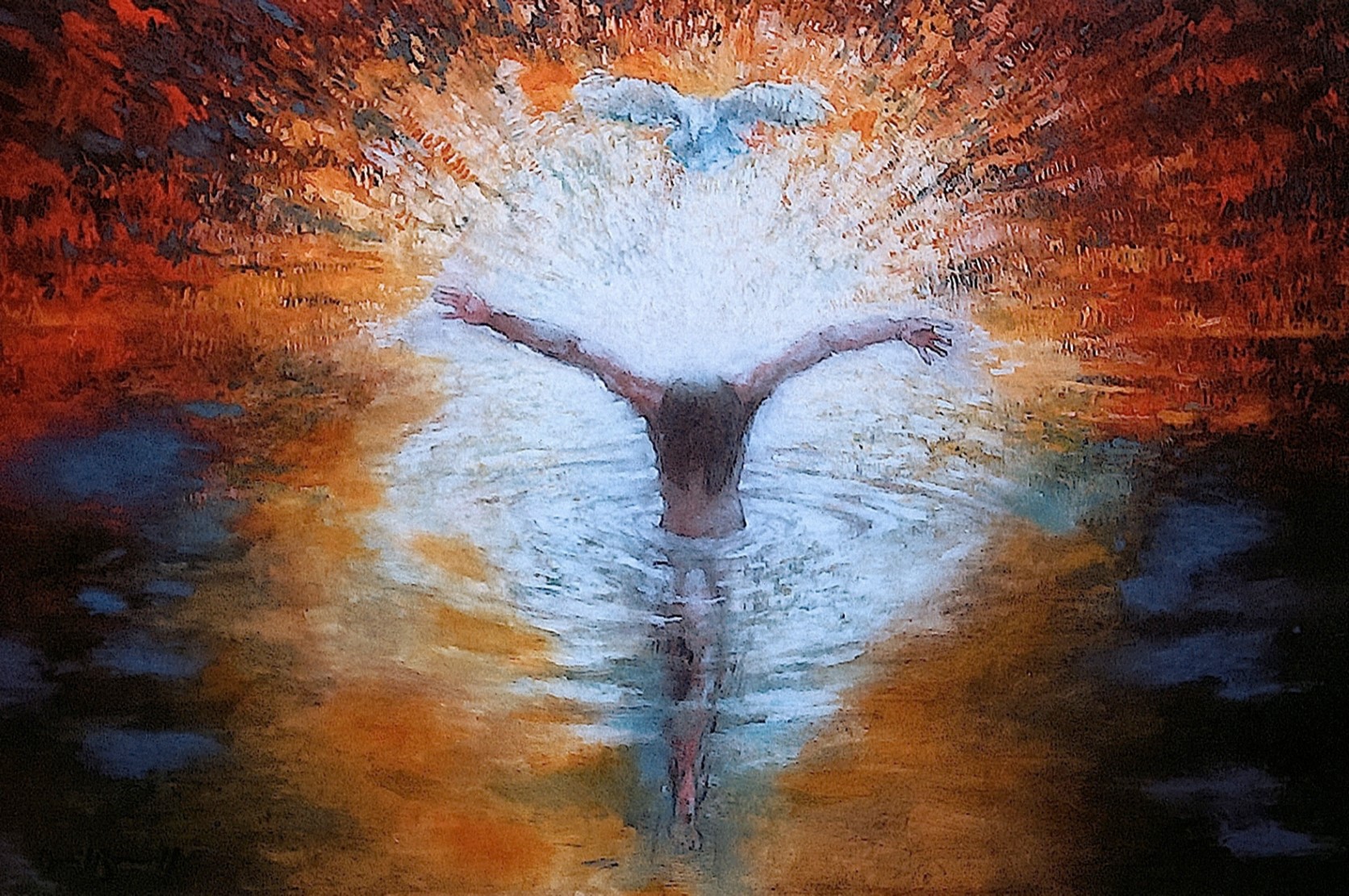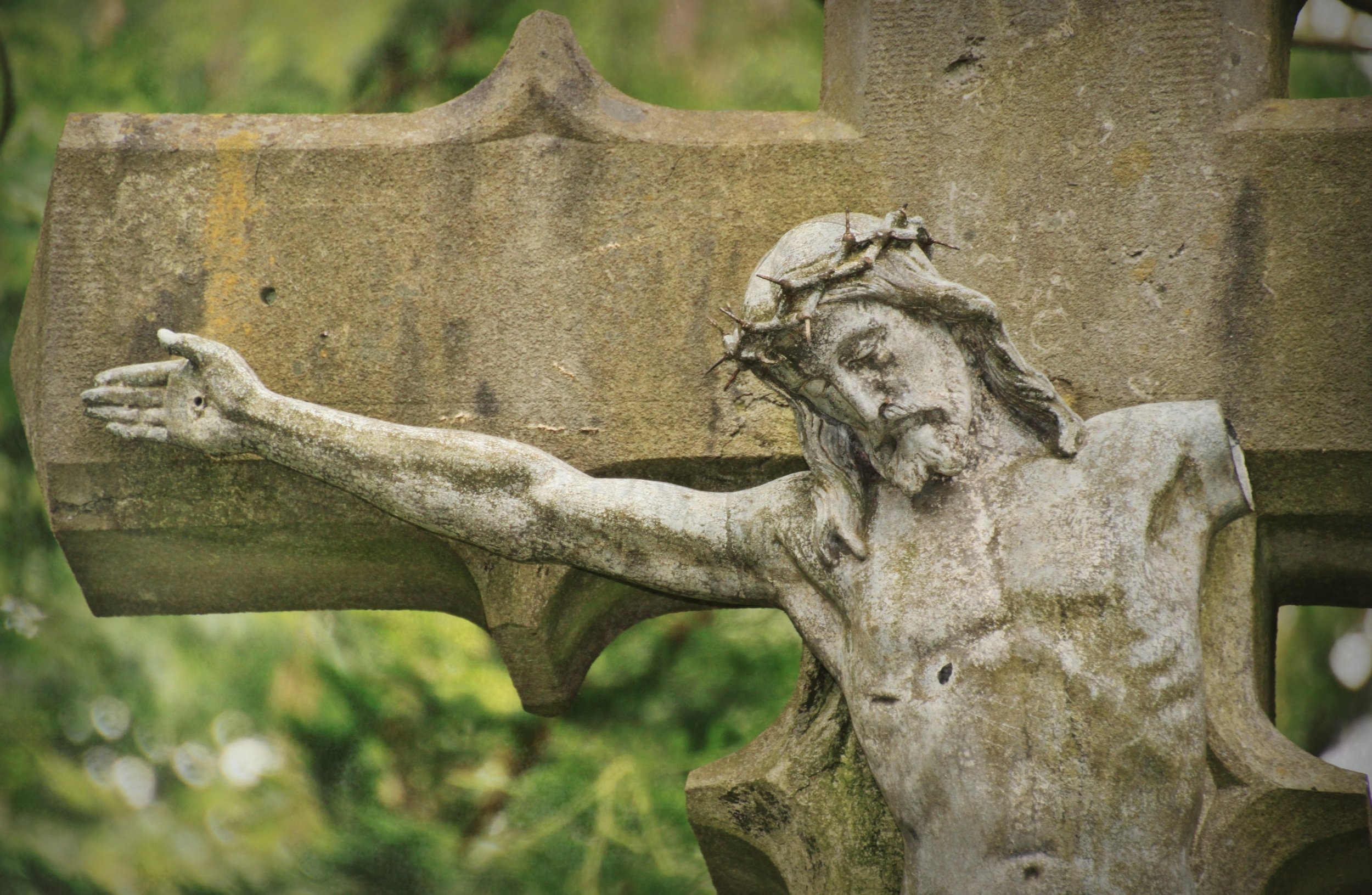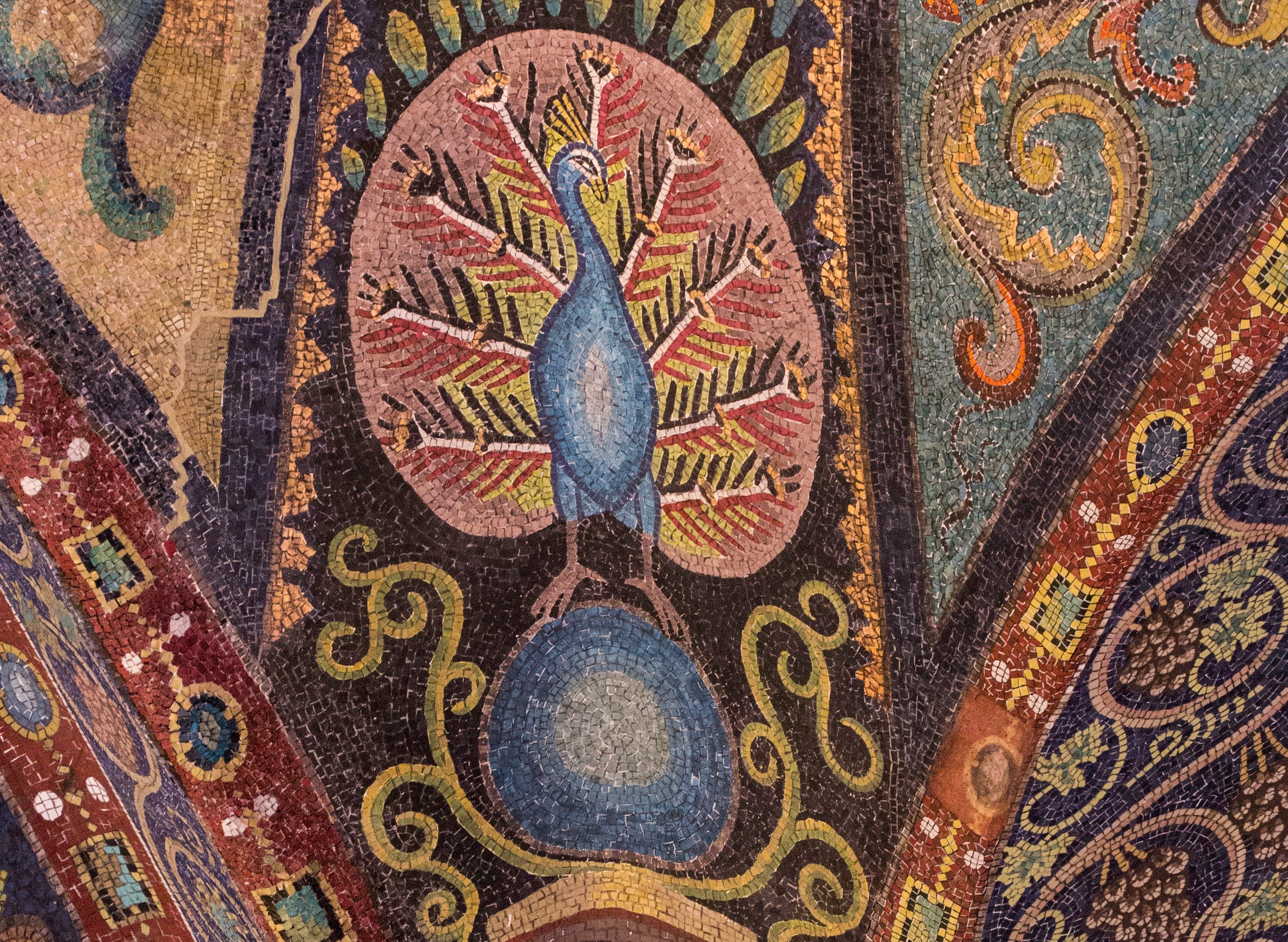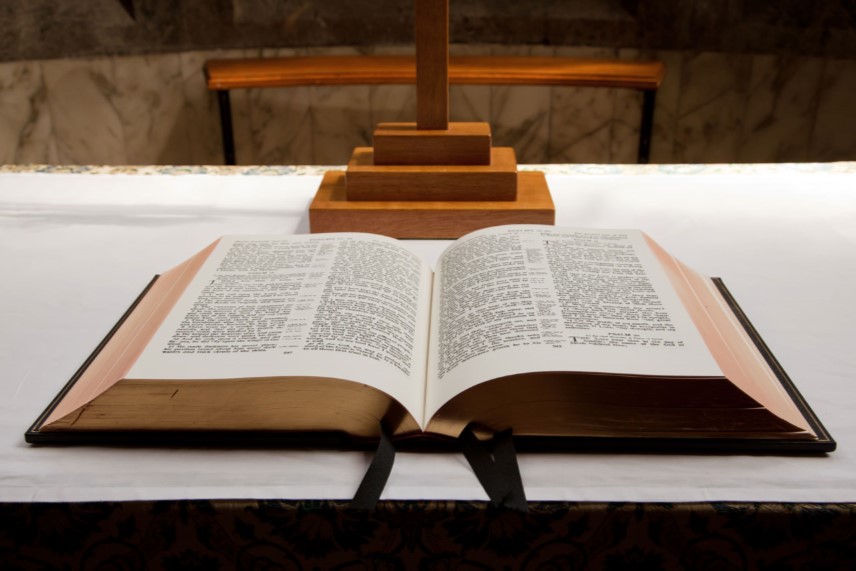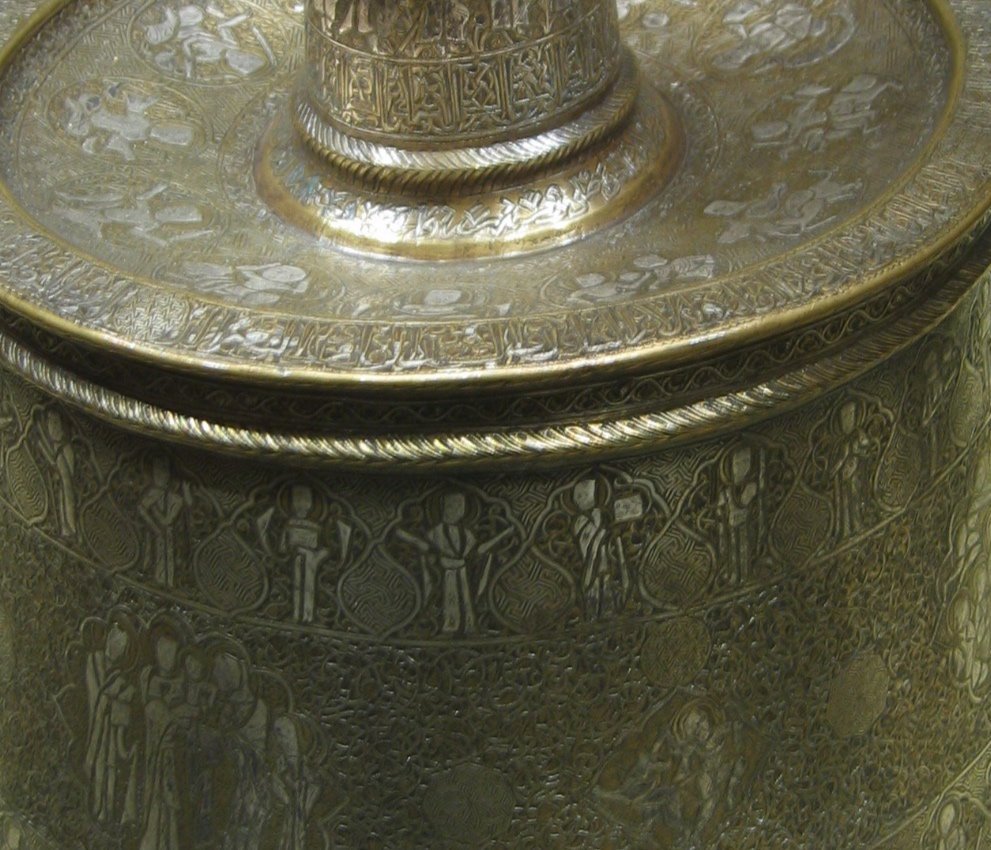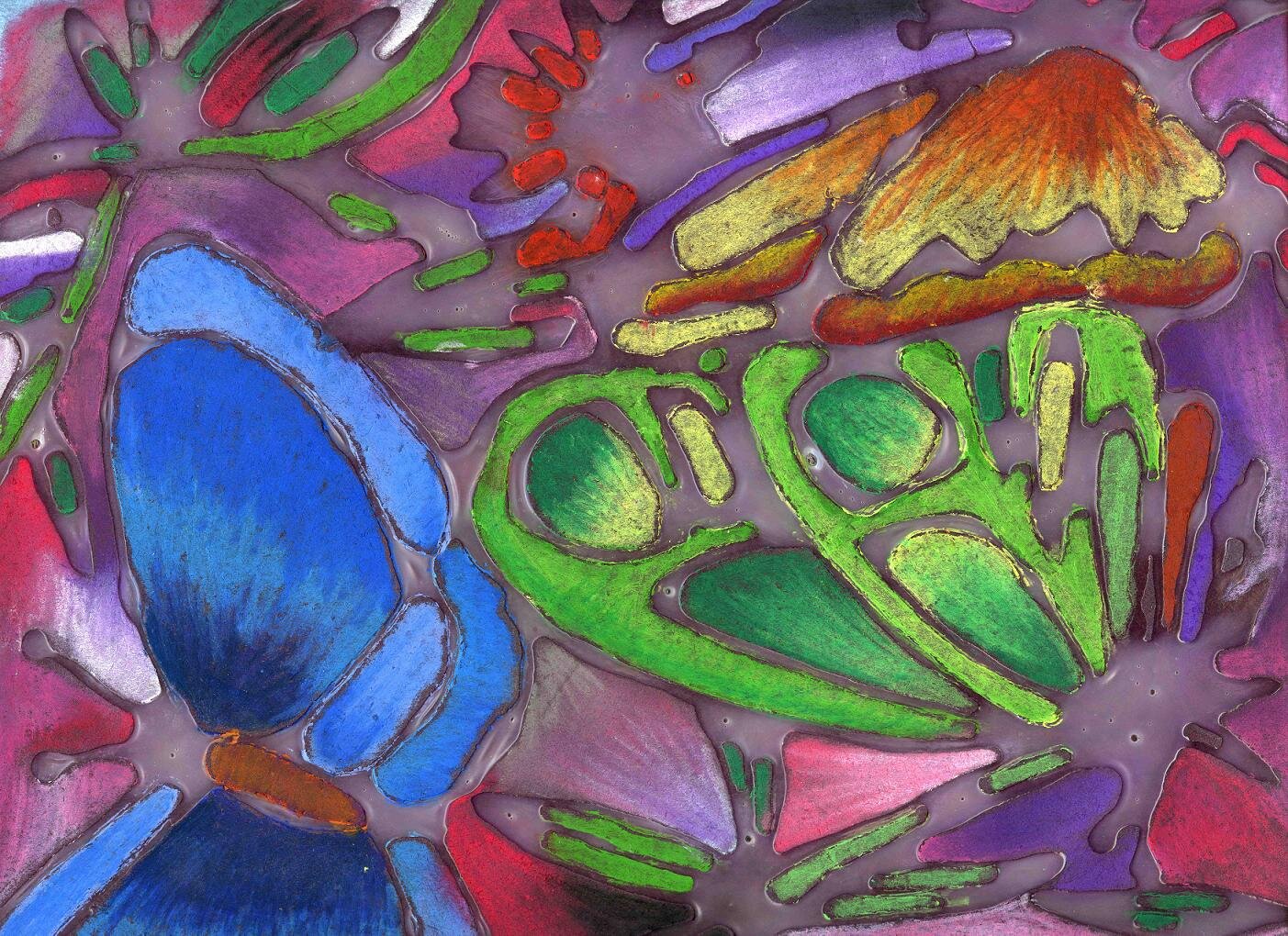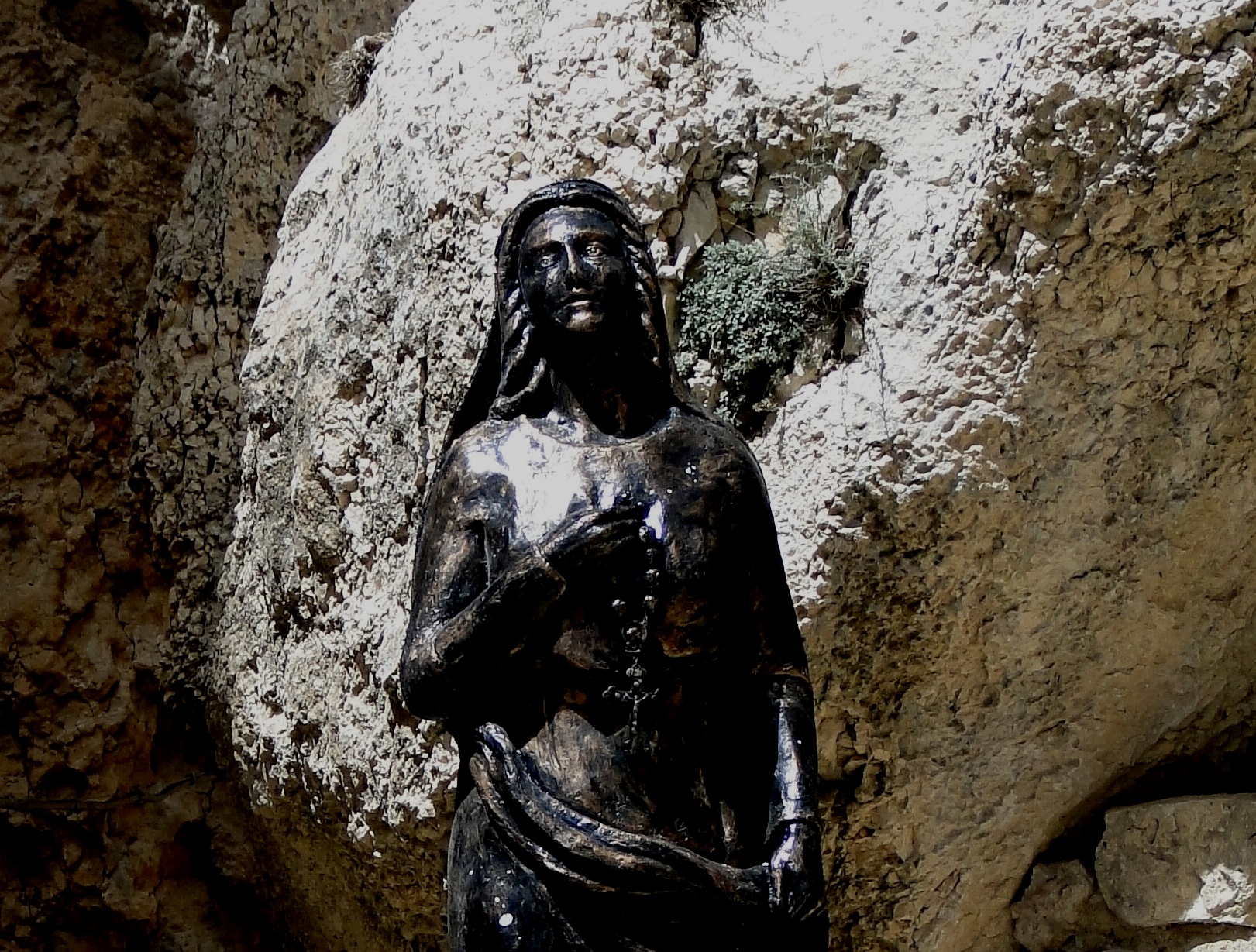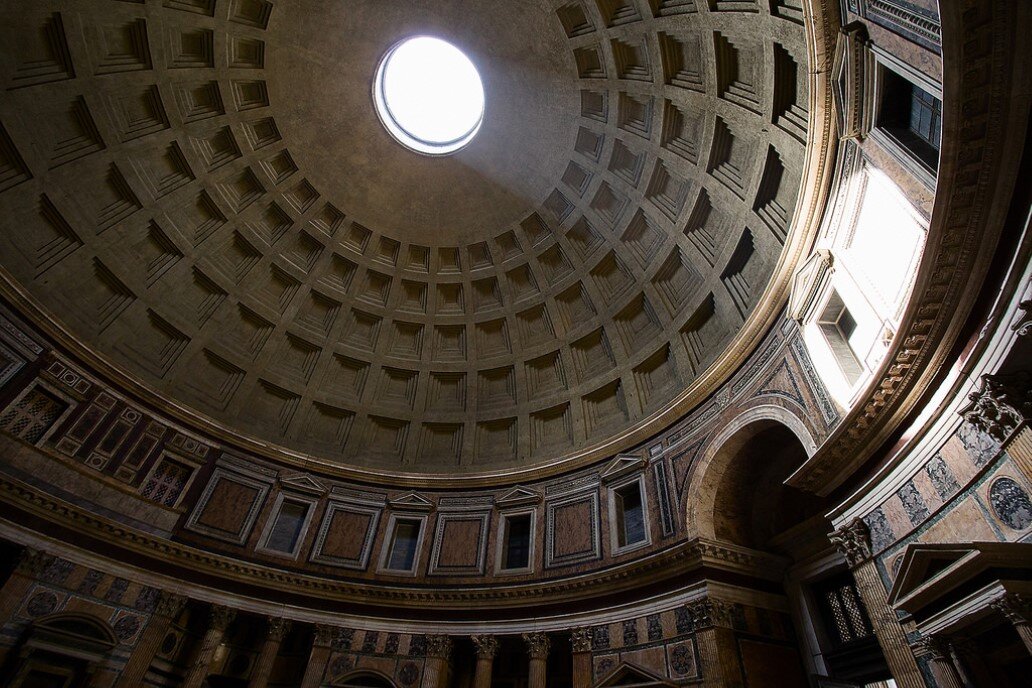The Epicenter of God’s Salvation
Bible Studies, Messages, Papers on the Book of Isaiah
Photograph: Michelangelo's painting of the prophet Isaiah on the ceiling of the Sistine Chapel, 1511 AD. Photo credit: Jörg Bittner Unna | CC3.0, Wikimedia Commons (cropped).
Below are messages, small group leader notes, and exegetical notes on the Book of Isaiah.
Messages on Isaiah
Isaiah: The New King, the New Eden, the New Garden Glory
Isaiah 2:1 - 4 Ripples of Salvation: From Zion to the World (and ppts)
Isaiah 2:1 - 4 Christian Mission: Imperialistic? Authentically Jewish? Am I Called to Do It? (and ppts)
Isaiah 6:1 - 13 God Calls the Prophet (and ppts)
Isaiah 13:1 - 14:27 Babylon: Your Sin is a Magnet for More Sin (and ppts)
Isaiah 19:1 - 20:6 Egypt: Place Your Trust in God, Not in People (and ppts)
Isaiah 44:1 - 20 Even When You Feel Vulnerable, Don't Give Yourself to Someone Else (and ppts)
Isaiah 49:13 - 23 God’s Motherhood, and Ours
Isaiah 52:13 - 53:12 Is There Hard Evidence Jesus Was Fairly Amazing?
Isaiah 53:4 - 6 The King Who Entered Our Sin and Suffering (and ppts)
Isaiah 58:1 - 7 God's Cry for Justice, Part 1
Isaiah 58:8 - 14 God's Cry for Justice, Part 2
Isaiah 58 - 59 The Cry of the Poor, Part 1: The Cry of the Worker. Text of a message given by Mako Nagasawa to Neighborhood Church of Dorchester in July, 2021. Workers are often underpaid and abused. Challenge to not use Uber and Lyft. This is part 1 of a series called The Lord Hears the Cry of the Poor, which continued in the Book of Isaiah and Paul’s Second Letter to the Corinthians.
Isaiah 58 - 59 The Cry of the Poor, Part 2: The Cry of the Sick. Text of a message given by Mako Nagasawa to Neighborhood Church of Dorchester in July, 2021. Capitalism profits by making people sick. Challenge to reduce our use of Amazon. This is part 2 of a series called The Lord Hears the Cry of the Poor, which continued in the Book of Isaiah and Paul’s Second Letter to the Corinthians.
Isaiah 58 - 59 The Cry of the Poor, Part 3: The Cry of Our Future Children. Text of a message given by Mako Nagasawa to Neighborhood Church of Dorchester in July, 2021. On creation care and justice towards present and future humans. Challenge to reduce our dependence on cow-products: beef, milk, yogurt, cheese, etc. This is part 3 of a series called The Lord Hears the Cry of the Poor, which continued in the Book of Isaiah and Paul’s Second Letter to the Corinthians.
Small Group Leader Notes on Isaiah
Isaiah 1:1 - 31 God's Own Children Don't Know Him
Isaiah 2:1 - 22 Ripples of Salvation, From Zion to the World
Isaiah 6:1 - 13 God Calls the Prophet
Isaiah 13:1 - 14:32 Babylon: Your Sin is a Magnet for More Sin
Isaiah 19:1 - 20:6 Egypt: God Makes His Enemies His Friends
Isaiah 44:1 - 45:7 God's Critique of Idolatry
Isaiah 52:13 - 53:12 The Suffering Servant
Isaiah 58:1 - 14 God's Cry for Justice
Isaiah 59:1 - 21 God's Personal Response to Injustice
Thematic Study The Theme of Fire and Purification
Notes and Essays on Isaiah
Hope Filled Full, Part Two: The New Testament and the Hopes of Isaiah
What Did the Suffering Servant Suffer? Isaiah 53 and Penal vs. Medical Substitution a long essay now found in parts on the blog; makes an argument for medical substitution
Other Resources on Isaiah
Eugen J. Pentiuc, The Word ‘Almah’ in Isaiah 7:14 — A New Etymology. Greek Orthodox Archdiocese of America, Aug 12, 2013.
Marg Mowczko, Does Isaiah 3:12 Say Women Leaders Are a Bad Thing? Marg Mowczko, Feb 20, 2016.
“The Hebrew word for women in Isaiah 3:12 is nashim (נשים). With identical consonants, the word can also be read as noshim (נשים), which means “creditors.” The Aramaic Targum Jonathan of Isaiah 3:12 has nosim (“creditors”). Accordingly, the New English Translation (NET) translates the pertinent phrase as “creditors rule over them”. The Septuagint was translated from Hebrew to Greek centuries before the Masoretes added their system of vowel points to the Hebrew text. (It is these later vowel points that distinguish nashim from noshim.) The Septuagint’s version of Isaiah 3:12a (translated into English) reads: “O my people, your extractors strip you, and extortioners rule over you.”

